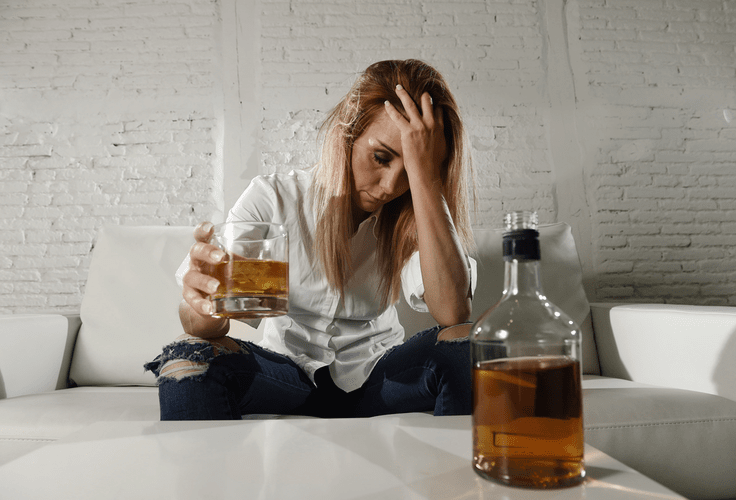Find a supportive friend or family member to be with you while you withdraw and support your new non-drinking lifestyle. Unstable vital signs increase the risk of complications and can be managed with medications. People who experience severe withdrawal symptoms or DTs may require hospitalization or intensive care unit (ICU) treatment during alcohol. People with alcohol use disorder should be monitored by a medical professional when withdrawing from alcohol.

Fortunately, these withdrawal symptoms shouldn’t last very long — about a week — but listen to your body in case something feels abnormal during this time. Try to stay focused on your end goal, and don’t be afraid to call your doctor if something doesn’t feel right. Belinda Gordon-Battle is a licensed clinical therapist and life consultant based in Miami while providing therapeutic services across the globe.
Press Play for Advice On Finding Help for Alcohol Addiction
Even after almost two decades of sobriety, I steer clear of these places. During my lunch break, the only thing I usually order from the https://ecosoberhouse.com/ restaurant is Diet Coke. But since the staff typically rely on tips for their pay, I sometimes feel guilty for only ordering one thing.
Why Charlie Sheen Finally Stopped Drinking – PEOPLE
Why Charlie Sheen Finally Stopped Drinking.
Posted: Thu, 07 Dec 2023 16:39:27 GMT [source]
An important first step is to learn more about alcohol use disorder and your treatment options. To begin with, a person needs to be ready to stop in order to quit drinking. If they haven’t decided on their own that they want to make a change, it’s How to Stop Drinking best not to try to force their hand. What you can do is speak to them about your concerns, with a sense of empathy and open-ness. For some people, alcohol has been or continues to be a problem in their lives, and they have chosen to avoid it.
Measure your drinks.
However, scientific evidence indicates that this is not the case. In fact, for several decades now, the medication naltrexone has been successfully used to help people cut back and moderate their drinking, without requiring total abstinence. And in general there is sufficient research to suggest that moderation-based programs can be an effective alternative to traditional treatment. You may also just be generally interested in the impact of alcohol on your health, your social life, and how you manage difficult feelings or anxiety.
- For those who have already quit and want help managing cravings, there is also acamprosate, an abstinence maintenance medication that helps rebalance your brain chemistry.
- There are also online communities, such as Daybreak, and Sober Grid.
- Online programs let you consult with doctors and recovery coaches over video chat, access anti-craving prescriptions, join virtual support groups, and track your progress digitally.
- It’s normal for certain stimuli to cause a reaction in your mind and body without even being aware of it.
Assess what needs to change to decrease the impact or frequency of that trigger. If it’s stress-related, find healthy ways to manage and cope, including going to therapy, delegating tasks and surrounding yourself with people who can support you. If it’s local haunts, take different routes to avoid those locations. Recognizing the things in your life that trigger your desire to drink will further empower that decision. As your mind and body try to tell you that you need another drink, understanding what’s at the root of that thought or feeling is key in reaching a healthier state of sobriety. A fee-based program, The Recovery Village provides access to addiction experts, social workers, registered nurses, and licensed mental health therapists.
What Happens to Your Body When You Stop Drinking Alcohol?
The opinions expressed are the author’s alone and have not been provided, approved or otherwise endorsed by our advertisers. Food can absorb the alcohol in beverages, so eating before or even while you drink can dampen the effect and may make you want to drink less, says Crews. Emotionally, you may feel some anxiety or sadness about ending a chapter of your life and nervousness about the future.
- Food can absorb the alcohol in beverages, so eating before or even while you drink can dampen the effect and may make you want to drink less, says Crews.
- All of these symptoms can result in the desire to start drinking again, but this does not help you in the long-term.
- Research shows people who have a supportive social network are more likely to remain alcohol-free after withdrawal.